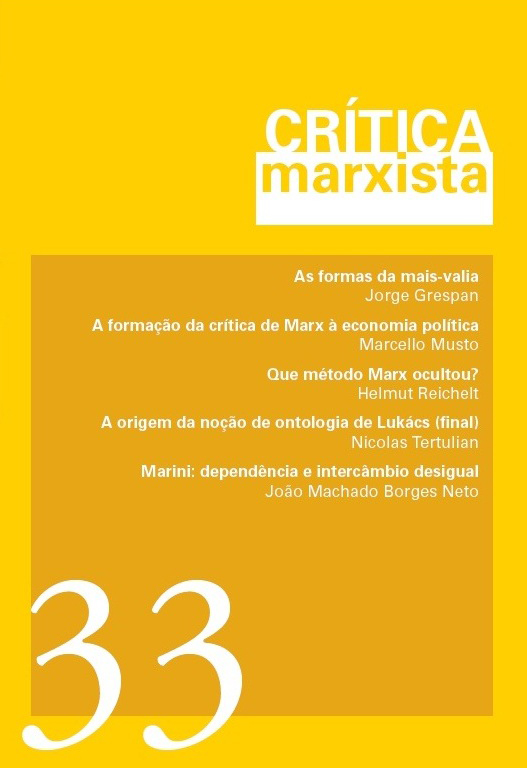Abstract
In times of accommodation of criticism towards the world of intellectual competition or radical artistic performance to the mediatized cultural industry, Revolutionary Brasilidade, by Marcelo Ridenti, should be hailed as an important contribution to the debate on the idea of Brazilian revolution throughout the 20th century. From the life of the libertarian Everardo Dias to the reception, among us, of Marshall Berman's book, Tudo que é solid melts into the air, passing through the communist intellectuals and artists of the 1950s and the generation of the 1960s, Ridenti recovers the “bet on possibilities of the Brazilian revolution, national-democratic or socialist, which would allow the potential of a nation to be realized” (p.10). The notion of revolutionary Brazilianness is not self-evident. She is the construction of a utopia of social transformation, even though some artists and intellectuals imagined they were giving voice to an innate condition of being Brazilian. Construction that called on the people to the task of emancipation through struggles and experiences that, in their origins, generated “amalgams and ruptures between anarchism, positivism, tenentismo, communism and other inspirations political and intellectual” (p.11). In the 1950s, revolutionary Brazilianness consolidated itself as shared feelings and hopes around the inevitability of the revolution that would save us from backwardness and oppression.
References
AVELAR, Alexandre de Sá. Brasilidade revolucionária. Crítica Marxista, Campinas, SP, v. 18, n. 33, p. 153–156, 2011. https://doi.org/10.53000/cma.v18i33.19331

This work is licensed under a Creative Commons Attribution 4.0 International License.
Copyright (c) 2011 Alexandre de Sá Avelar
